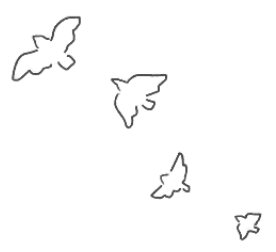Acquisition of theories and skills to solve regional and social issues
By learning from the four areas of “Global Culture Area,” “International Society Area,” “Policy Design Area,” and
“Social Creation Area,” students will acquire the knowledge and ability to solve issues in globalized regions and societies.
Global Culture Area
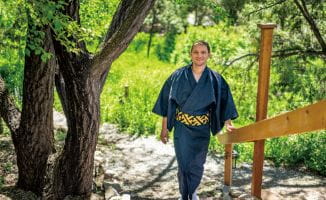
Deepen your global perspectives and knowledge of diverse regional characteristics and cultures.
Multicultural Coexistence | Coexistence Society | Peace and Conflict | Asian Culture | Culture Policy | Lifestyle Culture | Contemporary Culture | Regional Studies A | Regional Studies B | Regional Studies C
Policy Design Area
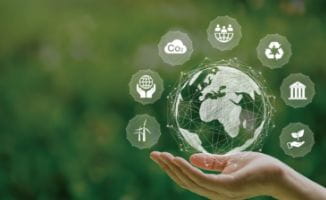
Deepen your thinking toward realization and knowledge to design societies and regions where people live.
Public Policy | Environmental Policy | Urban Development | Urban Design | Environmental Design | Art Management | Regional Revitalization | Small Business Policy | Local Governance | Public Management
International Society Area
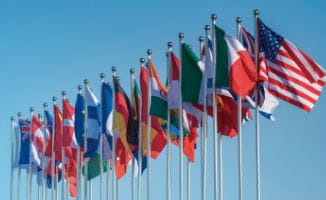
Learn methods for solving issues and acquire knowledge of the structure of international society.
International Relations | Welfare Society | Media and Society | International Society and Diplomacy | International Development | International Health | International Society and Education | International Cooperation | Environment and Society
Social Creation Area

Learn strategic methods and acquire knowledge for business creation.
Social Capital | Social Network | Volunteer Studies | Regional Innovation | Regional Industry | Information Industry | Tourism Industry | Tourism | Business Creation | Social Enterprise
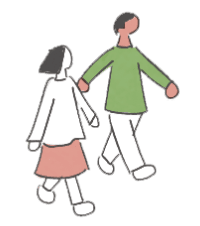
Acquisition of international and wide-ranging knowledge in “society & culture” and “economy & management”
By combining education on language, international society, and culture, with practical learning in economics and management - a strength cultivated by OUE - students acquire the knowledge and skills to contribute to society from global perspectives.
Course Introduction

Introduction to
International
Co-Creativity and
Innovation
International
Co-Creativity and
Innovation
Learn basic knowledge about the four areas of International Co-Creativity and Innovation: global culture, international society, policy design, and social creation.

Multicultural
Communication
Communication
Deepen understanding of a society that communicates and coexists with people with diverse values and backgrounds.
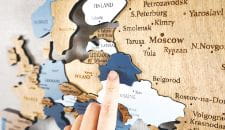
International
Relations Theory
Relations Theory
Understand various aspects of modern international relations, such as the environment, energy, inequality, and poverty, systematically and from multiple perspectives.

Public Policy
Understand the concepts and theories of public policy and learn how to solve social and policy issues.

Social Enterprise
Theory
Theory
Deepen the understanding of the significance and role of social enterprises that work to solve social issues as businesses, and also explore ways to start a business.

Regional Environment
and Sustainability
and Sustainability
By learning about environmental initiatives in other countries, students will understand environmental design and sustainability governance inside and outside of Japan.

English education for advanced language skills
Enhance proficiency in four core English skills (reading, writing, listening, and speaking), and develop advanced comprehension avilities and communication techniques to foster co-creativity and drive innovation in international contexts.
Acquire communication skills to
create “Co-Creativity and Innovation”
with international perspectives
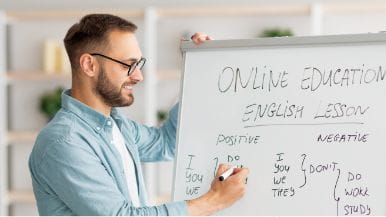
Well-developed English language programs
・Reading and Writing A/B
・Listening and Speaking A/B
・English Communication A/B
・Advanced English(Discussion/Presentation/Debate), etc.
・Reading and Writing A/B
・Listening and Speaking A/B
・English Communication A/B
・Advanced English(Discussion/Presentation/Debate), etc.
・Reading and Writing A/B
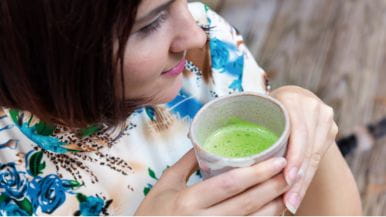
Learn about the culture and society of Japan and the world in English
・Japanese Culture
・Regional Environment and Sustainability
・Urban Geography, etc.
・Regional Environment and Sustainability
・Urban Geography, etc.
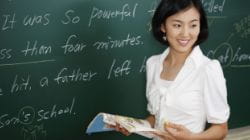
Available certifications
・Type-1 Teaching license for Junior high school (English)
・Type-1 Teaching license for High school (English), etc.
・Type-1 Teaching license for High school (English), etc.
Short-term study abroad is placed in the curriculum as a compulsory subject in the first year
At the end of the first year (during spring break), students study abroad at the University of Hawaii at Manoa for three weeks to acquire practical English skills.
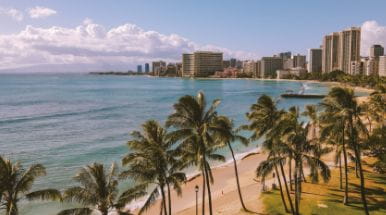
Short-term study abroad at the
University of Hawaii at Manoa
University of Hawaii at Manoa

Homestay and interaction with
local people
local people
Small group exercises and practical programs, both domestic and overseas, to deepen learning
Through small group seminars, OUE supports students in their studies, daily life, and job search. In addition,
students gain practical perspectives that integrate global and local viewpoints through interactions with people and
companies in both overseas locations such as in the United States, Thailand, Vietnam, and within Japan, Shimane and Kochi.
Deepen practical learning through interactions with local populations, organizations, NPOs, and other entities.
Regional exploration practical program
Domestic practical programs: Local Research
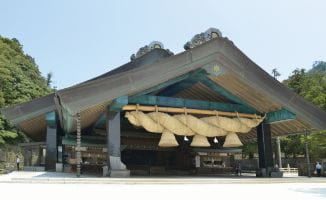
Japan (Shimane Prefecture)
The students will deepen their learning through visits to the Shimane Prefectural Government, local businesses and social enterprises, as well as through workshops, and exchanges with university students. They will explore solutions to regional challenges through group work and culminate in proposal presentations at a final result session.
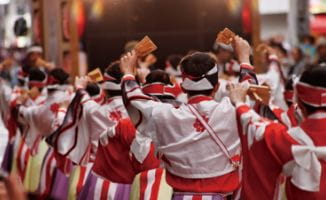
Japan (Kochi Prefecture)
In collaboration with Kochi Prefecture, Kuroshio Town, local high schools, NPOs, and other entities, participants will study solutions to local issues through fieldwork and group work, and make proposals at the results presentation.
Overseas practical programs: Global Research
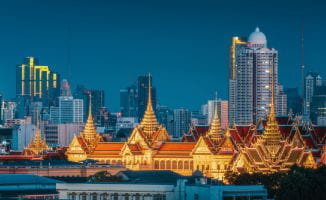
Thailand
Under the partnership agreement with the Thai-Japan Institute of Technology, participants will deepen their understanding of the importance of working and cooperating in a multicultural society through exchanges with local people and visit to Japanese manufacturing companies.
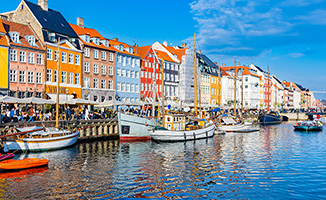
Denmark
Participants will explore the unique Nordic educational institution Folkehøjskole (a place for lifelong learning) and the Human Library, which supports minorities, and visit startup companies to understand advanced initiatives in diversity and co-creation in Denmark.
Learn more practically about research and methods
for solving international regional issues.
for solving international regional issues.
Project-based
practical program
practical program
International Co-Creativity and Innovation program
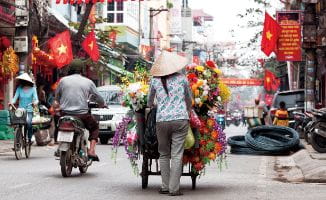
Vietnam (Hanoi & Ho Chi Minh City)
This practical program is conducted in Vietnam, an emerging country in Southeast Asia that maintains a high economic growth rate. It serves as a developmental study to further deepen students' multicultural understanding and co-creation with various people and regions, building on what they learned in the first and second years. Students will visit local government agencies and the Japan International Cooperation Agency (JICA), tour companies in industries that export to Japan, learn about local characteristics and challenges, and discuss potential solutions.

